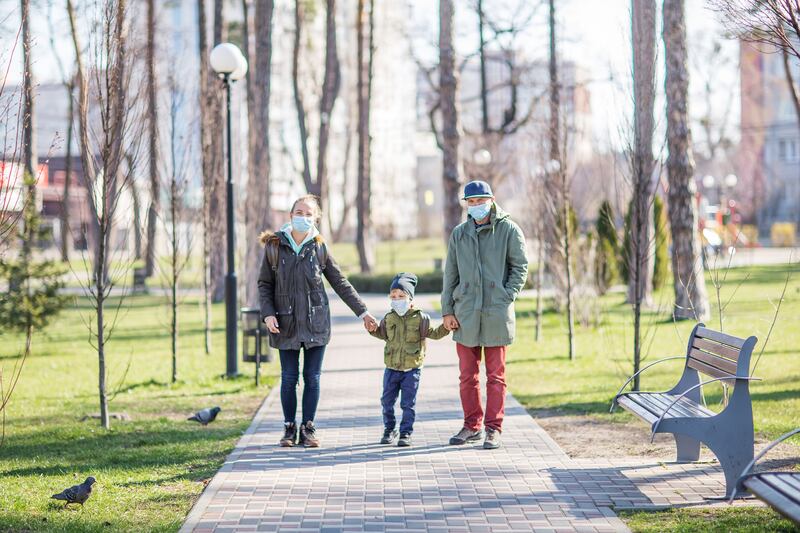The adage “there is no health without mental health” has never felt more salient. Even with a COVID-19 vaccine on the horizon, we are all experiencing some degree of uncertainty, isolation and fatigue. Feeling anxious, sad and even angry missing cherished life events and traditions, and coping with the inconveniences the pandemic has brought on all of us are a normal response to this extraordinary time. But despite some people stating that suicide rates are rising and public health measures are to blame, neither is true.
We are rightfully concerned about how the pandemic may impact mental health and suicide rates. Research from the CDC shows that nationally, Americans report an increase in feelings of depression and anxiety during the pandemic. In response, a group of experts in suicidology, public health, health care and mental health services have been convening two to four times a month since April to share and scrutinize numerous behavioral health and suicide data from government, academia and health systems. To date, our data shows that suicide rates during 2020 are what we would expect to see based on data from the same time period over the last five years. These findings are consistent with data from the U.S. and other high-income countries. The pandemic has not led to an increase in overall suicides in Utah. We will continue to monitor these trends closely in the weeks and months ahead.
Moreover, there is no evidence that public health safeguards to prevent the spread of COVID-19 are increasing suicide risk. Despite fear-based claims that mask-wearing or social distancing can lead to an increase in suicide, there is no empirical evidence backing these claims. In fact, early research indicates that safeguards such as mask mandates may protect against suicide and improve mental health. One study found that “face mask restrictions may not only protect against COVID-19 but also increase the level of perceived self-protection as well as the level of social solidarity and thereby improve mental health well-being.”
There is certainly a profound impact of COVID-19. Some groups of people are more highly vulnerable to distress. These include racial and ethnic minorities who have been disproportionately affected by both the physical and psychological impacts of the pandemic. Long-standing economic disparities among the same people make them more susceptible to housing and food insecurity, among other poor outcomes. Among people who survive COVID-19, about 20% are diagnosed with a new or recurrent mental illness within 90 days of their positive test for the virus. Fortunately, to date, these trends haven’t led to higher suicide rates.
It is important to remember that while stress and distress are a typical reaction to a situation like a long-term pandemic, dying by suicide is not a typical reaction to stress. What we have collectively witnessed throughout our lives and careers is that the more common response to distress is coping and resilience.
Here in Utah, we continue to make important progress in preventing suicide. While suicide rates continued to rise across the country, Utah’s rates have plateaued since 2018. Significant statewide efforts, support from state and local policymakers, and additional resources are making a difference. A public health approach to suicide prevention is necessary if we are to continue to save lives and end needless suffering. We need to protect and build on important gains. Utah’s elected officials recognized this in 2020 when they protected mental health funding in a challenging fiscal climate. Their leadership led to the development and continuation of many lifesaving programs for those at risk for suicide.
Utah is a state where we believe in supporting individuals, families and communities — whether earthquake, wildfire, windstorm or pandemic. All of us want a future where we support those suffering from mental illness and distress, prevent suicide and help our loved ones and neighbors live long, safe, happy lives. We cannot predict what new challenges lay ahead, but we know with certainty that countering misinformation and following public health guidance is critical when we face difficult times.
If you or someone you know needs support, contact the Utah Crisis Line (1-800-273-8255, 24/7) or the Emotional Health Relief Hotline (1-833-442-2211, 10 a.m.-10 p.m., 7 days/week), or the Utah Strong Recovery Project (call/text 385-386-2289, 7 a.m.-7 p.m., 7 days a week). All resources are free.
The Utah Suicide Prevention Coalition Executive Committee is a collaborative of leaders and subject matter experts from community, business and government who analyze data and guide an action-oriented statewide plan for suicide prevention, intervention and postvention.

